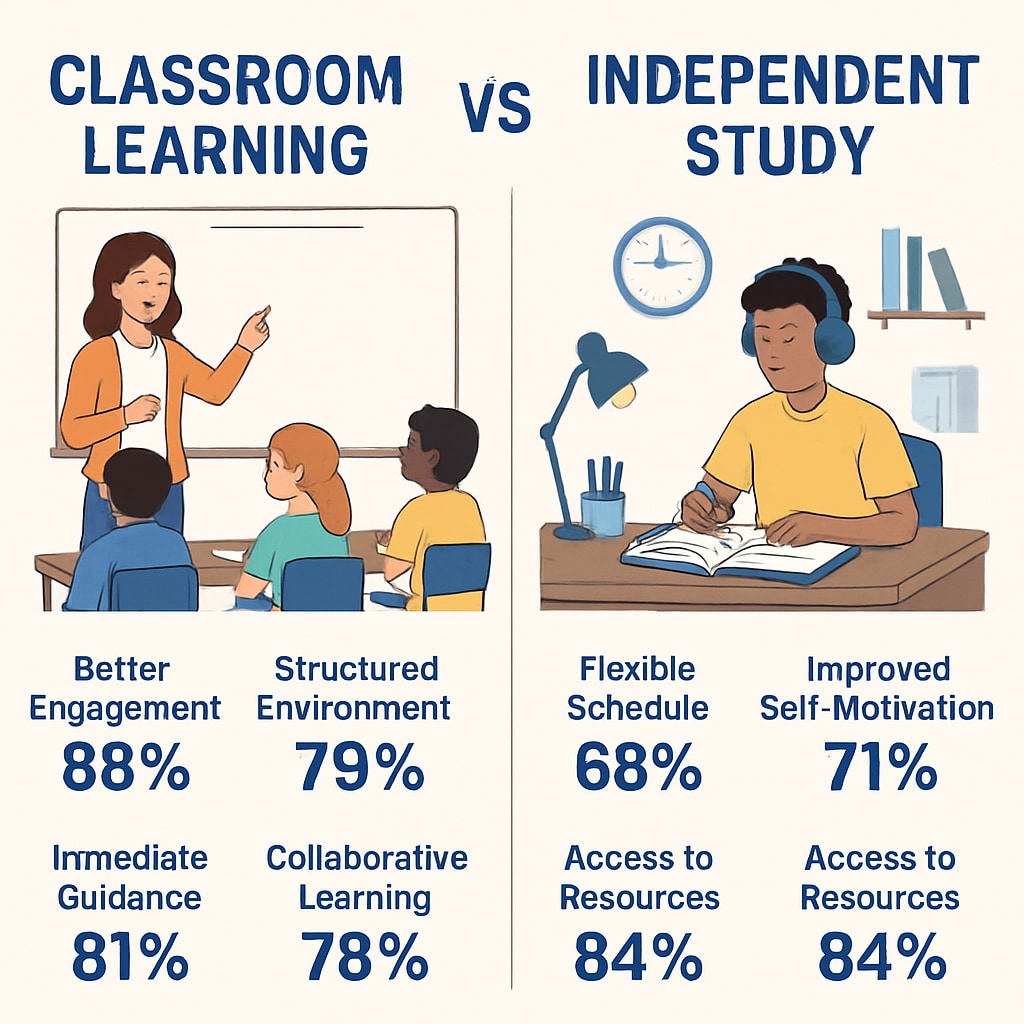When considering formal education, age considerations, and self-learning capabilities, adults face unique challenges in pursuing academic goals. While self-directed learning offers flexibility, structured schooling provides irreplaceable benefits like accredited credentials and systematic knowledge frameworks.

The Irreplaceable Value of Structured Learning
Formal education delivers three critical advantages that self-study often cannot replicate:
- Credential recognition: Degrees and certificates from accredited institutions carry weight in professional settings (BLS education statistics)
- Structured curriculum: Organized learning pathways prevent knowledge gaps
- Expert feedback: Professors provide personalized guidance unavailable in most self-study scenarios
Harnessing Self-Directed Learning Strengths
Adult learners typically excel in autonomous education due to developed discipline and clearer objectives. Research from ERIC Institute shows mature students often outperform younger peers in retention rates when combining self-study with formal courses.

Practical Strategies for Blended Learning
For optimal results, consider these approaches:
- Micro-credentialing: Combine short courses with self-study projects
- Prior learning assessment: Many institutions grant credits for demonstrated knowledge
- Hybrid programs: Seek schools offering flexible online/in-person combinations
Transition tip: Gradually introduce formal elements by starting with single university extension courses before committing to full degree programs.


